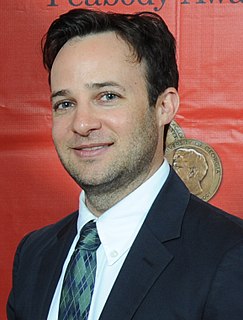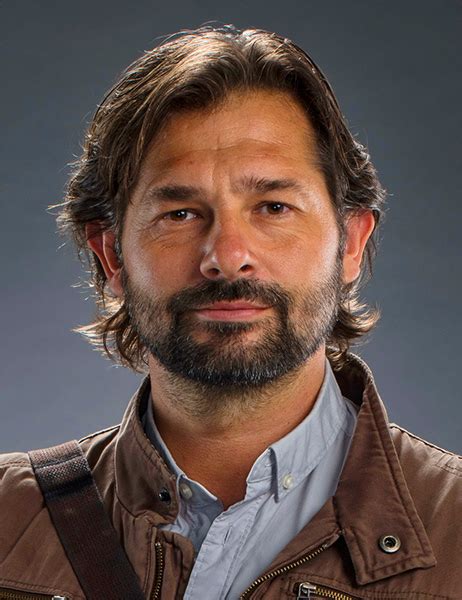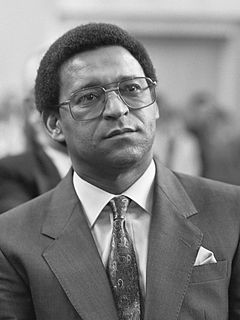A Quote by Michael Wolff
In one sense, newspaper editor is an appropriate job for an out-of-work politician; politicians live the news cycle as intensely as editors.
Quote Topics
Related Quotes
I think there's a lot of benefit in letting people vent. When I was on the Manchester Evening News, we got 500 letters a day, and part of my job as editor was to edit them. And I thought that was one of the best things in the newspaper, and it was instituted by an editor known as Big Tom, who said 'this is the voice of the people.' And he was quite right.
I got married three days after graduation, and the first thing I did what I was expected to do which was to work on a small newspaper. So we were in Chicago where my husband worked for the Chicago Sun-Times and we were having dinner with his editor and he said 'So what are you 'gonna do honey?' and I said 'I'm going to work on a newspaper', and he said 'I don't think so", because Newspaper Guild regulations said that I couldn't work on the same newspaper as my husband.
In the case of Game Change, the discussion in that film was how our politicians have become so much like celebrities - personality becomes more important than substance so that they can function in a 24-hour news cycle. So the question is, how do you feel about that? Is this what you want from a politician - somebody who's wildly charismatic, but has so little knowledge of substantive issues?
I think the arrogance of people who think or actually are in the establishment, think they're part of it or actually are, they cannot help themselves, apparently. They take this guy, Trump, who is not a politician, in the career sense, and they plug him into their system and analyze what he does and what he says the way they analyze professional politicians and what they say and do, and they miss it. Which is not news. The news is they're not even getting close to understanding it yet. Despite the never-ending efforts on the part of people like me to help them figure it out.
I think our primary function is to create the strongest, deepest, most interesting news report there is in the world.And whether it's on the front page of the newspaper or leading the home page doesn't really matter. We reach a huge audience on the Web. And really, you know, the journalists, whether they are reporters or editors or Web producers or multimedia specialists, we're all creating, you know, the journalism that is the bedrock of our news report. And that's true for the newspaper, the Web, our apps, and you name it.
What makes a good editor is staying the hell out of the way as much as possible. ... If you're a DC or Marvel or Dark Horse or BOOM! editor who's assigning work, then if you did your job properly to begin with, then the people you've hired can be trusted to do what they do without excessive meddling. The ideal situation you're shooting for as an editor is to groom a collaborative creative team to the point where their work sails effortlessly through production and the most you have to do is fix the spelling and the commas.
I think a lot of people have the idea of an editor being someone who comes in like a dictator, and says, "You can't have that scene." And it never is like that - or perhaps some editors are like that and they're assholes, and they're not good editors. A good editor actually says, "I respect you" and they understand that you have a vision and they're actually trying to help you realize it.
It has always been the case that people on out-of-work benefits have to apply for more or less any job they can reasonably be expected to take. But the operative word there is 'reasonable,' because a job that's appropriate for a single, able bodied 22-year-old man may very well not be appropriate for a single mum who can't afford childcare.
The news of the days it reaches the newspaper office is an incredible medley of fact, propaganda, rumor, suspicion, clues, hopes, and fears, and the task of selecting and ordering that news is one of the truly sacred and priestly offices in a democracy. For the newspaper is in all literalness the bible of democracy, the book out of which a people determines its conduct.



































